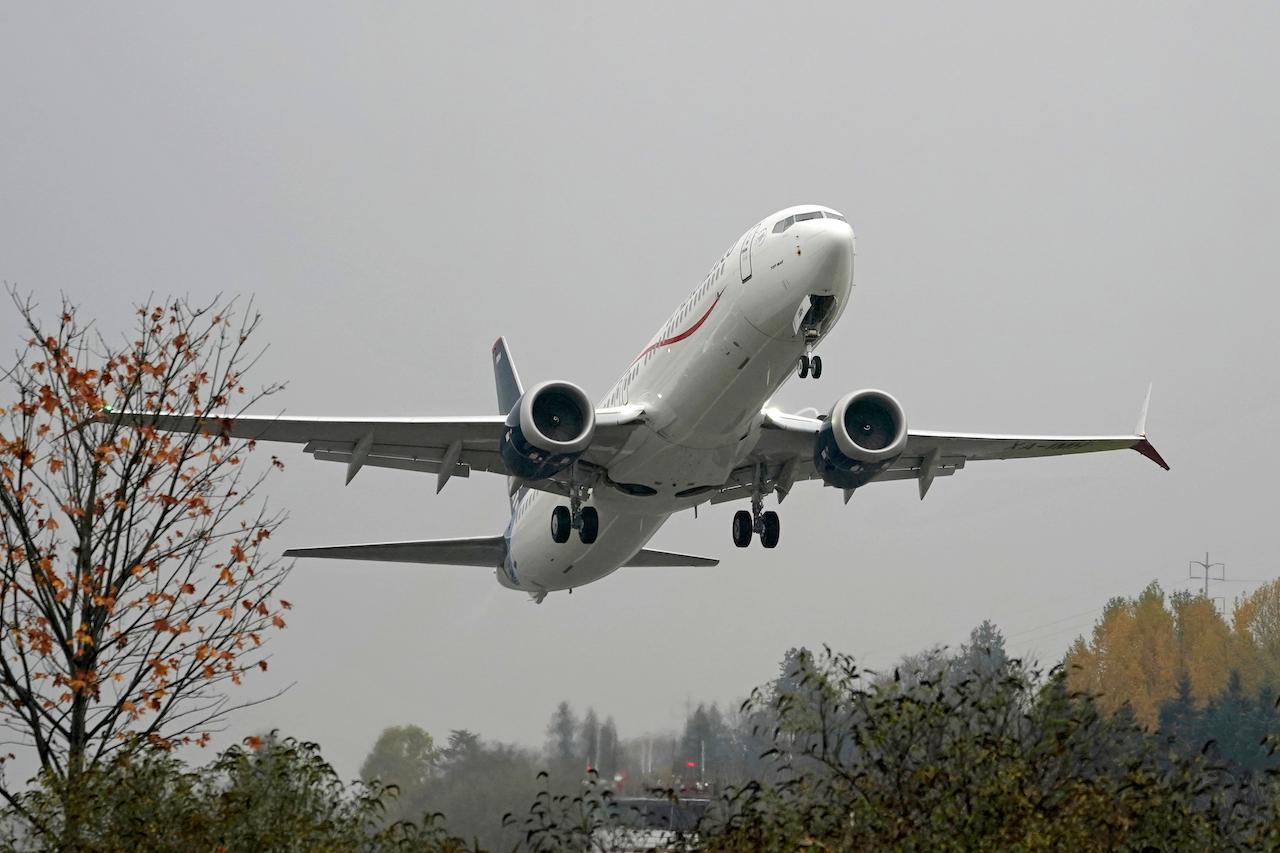Grounded worldwide, Boeing 737 Max cleared to fly again ‘too early’ says expert
Relatives of those who died in the crashes are urging regulators not to allow the 737 Max to operate in Europe yet.
Just In
A former senior manager at Boeing’s 737 plant in Seattle, Washington, has raised new concerns over the safety of the 737 Max.
The aircraft, which was grounded around the world after two fatal accidents, has already been cleared to resume flights in North America and Brazil, and is expected to gain approval in Europe this week.
But in a new report, Ed Pierson claims that further investigation of electrical issues and production quality problems at the 737 factory is badly needed.
Regulators in the US and Europe insist their reviews have been thorough, but in his report, Pierson claims that they have ignored factors which may have played a direct role in the accidents.
A Lion Air flight and an Ethiopian Airlines flight both crashed in incidents investigators believe were triggered by the failure of a single sensor which sent inaccurate data to a piece of flight control software called MCAS.
This automated system then repeatedly forced the nose of the aircraft downwards after take off while the pilots were trying to gain height. The software pushed each aircraft into an unrecoverable dive.
Efforts to make the 737 Max safe have focused on redesigning the MCAS software.
For Pierson, this is not enough. He told congressional hearings he had became so concerned about conditions at the 737 factory that he had told his bosses he was hesitant about taking his family on Boeing planes.
He testified that during 2018, the factory was in a “chaotic” and “dysfunctional” state as, he claimed, staff there struggled under pressure from managers to build new planes as quickly as possible.
Now, he is worried that these factors have been overlooked in the rush to get the 737 Max back carrying passengers in the air.
His report draws on material from the official investigations. It claims that both of the crashed aircraft suffered from what he believes were production defects which he insists have not been addressed by regulators.
Pierson’s concerns are supported by the celebrated aviation safety campaigner Captain Chesley Sullenberger, one of the pilots who safely ditched a crippled Airbus plane in the Hudson river off Manhattan in 2009.
He too believes that modifications to the Max do not go far enough.
“Pierson’s report is very disturbing,” said Sullenberger. “Boeing and the Federal Aviation Administration (FAA) must finally become more transparent.”
The FAA insists it only approved the return to service of the Max following a “comprehensive and methodical safety review process”.
Boeing itself will not comment on whether the electrical and flight control problems highlighted by Pierson may have played a factor in the two accidents, on the grounds that this is a matter for the investigating authorities.
Relatives of those who died in the crashes are continuing to urge regulators not to allow the 737 Max to operate in Europe, “until continuing concerns about the aircraft’s safety have been fully and openly addressed”.
Subscribe to our newsletter
To be updated with all the latest news and analyses daily.
